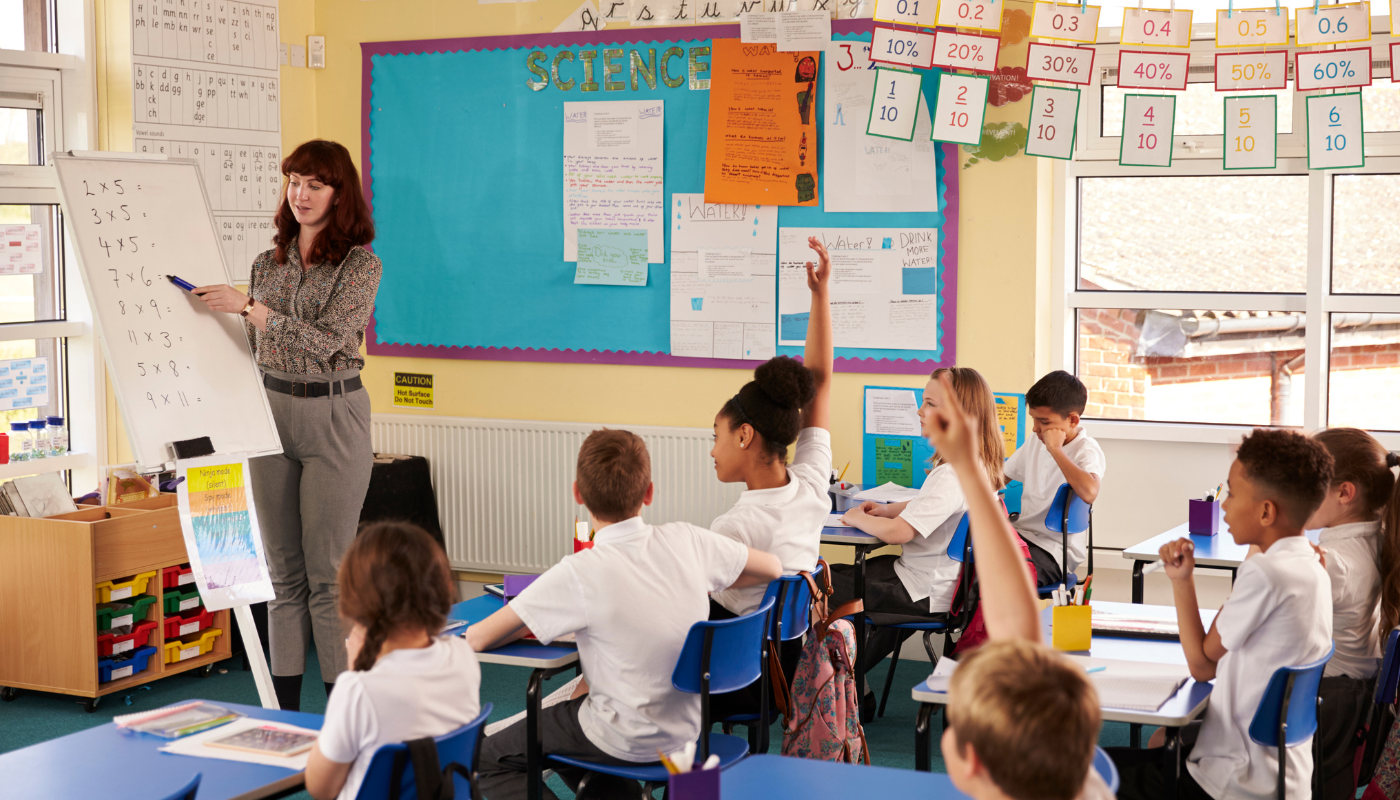Understanding the New Ofsted Ratings for 2025: What Schools and Teachers Need to Know

From autumn 2025, Ofsted will introduce a new school inspection framework, replacing the long-standing one with a more detailed report card. This change aims to provide schools, teachers, and parents with better insights while reducing pressure on staff. Here’s what you need to know about how the new system will work and what it means for your school.
Goodbye Overall Grades, Hello Detailed Report Cards
Under the current system, schools receive an overall judgement of "Outstanding," "Good," "Requires Improvement," or "Inadequate." From 2025, this will be replaced by a report card covering key areas of school performance:
- Quality of Education
- Behaviour and Attendance
- Personal Development
- Leadership and Management
Each category will be graded on a new five-point scale:
- Causing Concern
- Attention Needed
- Secure
- Strong
- Exemplary
Safeguarding will continue to be assessed separately, ensuring schools meet their duties to protect children.
What This Means for Schools and Teachers
The shift away from an overall grade is designed to present a more balanced picture of a school’s strengths and areas for improvement. Education Secretary Bridget Phillipson emphasised that the new framework will provide "rich, granular insight" to deliver tailored support for struggling schools (BBC).
For teachers, this means fewer high-pressure inspections focused on a single judgement. Instead, schools will receive specific feedback in multiple areas, allowing leaders and staff to target their efforts effectively. According to His Majesty’s Chief Inspector, Sir Martyn Oliver, the new system aims to "raise standards and improve the lives of children, particularly the most disadvantaged" (Gov.UK).
Next Steps for Schools and Educators
To prepare for the new framework, schools should:
- Familiarise themselves with the new grading criteria. Ensure staff understand the five-point scale and how each area will be evaluated.
- Focus on continuous improvement. Use existing inspection feedback to strengthen teaching, leadership, and student support.
- Enhance parental engagement. Building strong relationships with families will be key to achieving positive outcomes under the new framework.
- Prioritise safeguarding. Ensure all policies and practices meet Ofsted’s expectations.
Conclusion: A Fairer, More Balanced Approach
The new Ofsted ratings mark a significant shift in how school performance is assessed. By focusing on detailed feedback rather than a single headline grade, the system promises to be fairer, more balanced, and more supportive of school improvement.







